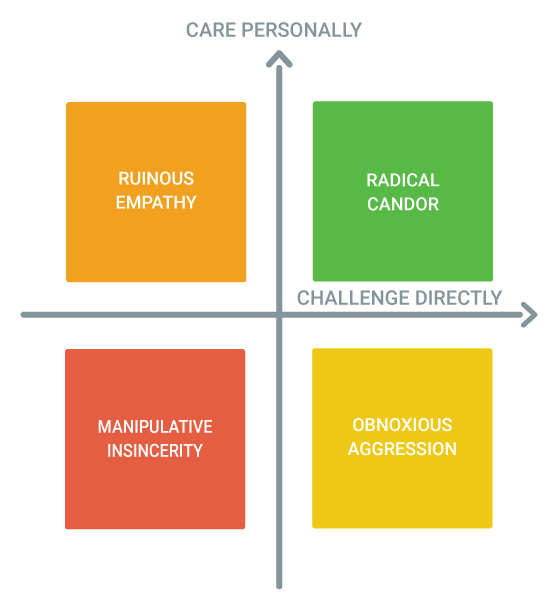Feedback is a gift. It lets you know precisely what the other person wants or needs. After you receive the gift, it’s up to you to accept it or not.

Last week I was on a call with a network that I used to love. However, in the last year or two (predating the pandemic) I had felt a growing disconnect with them. That call was an attempt for them to grow the network into my geography, yet the first forty minutes of the one hour call had the person from the home territory dominating the air time and, more than once, showing a lack of cultural awareness of the circumstances of people living in the region they were talking to.
So, when they asked for feedback I gave it to them. It was hard hitting, and at the same time from a place of sharing from a place of care about the network and the guiding principles. I really want them to recognise their gaps and step in and recognise changes are needed.
A core concept then, is to give feedback.
Oh, and when you do, check in with yourself first that you are doing it from a place of radical candour (or candor, if you prefer American English 😉 ). As I wrote in another earlier post: “I believe, as with Radical Candor, that we can say anything as long as it comes from a place of care for the other person.”.
To close, this recently from Seth Godin:
“No problem” is a problem
The right response to feedback is, “thank you.” Or perhaps, “that’s a great point.” Even if it’s not your job to change the system, or not your fault that things didn’t work as expected, both of these responses are valid and useful.Feedback is a gift. It lets you know precisely what the other person wants or needs. After you receive the gift, it’s up to you to accept it or not. But shutting down feedback with an argument or by appearing ungrateful makes it less likely you’ll be offered it again. And if you’re getting feedback from a customer or a prospect, shutting it down makes it likely that they’ll walk away and take their attention and their trust somewhere else.
When you say, “no problem,” you’re letting yourself off the hook, refusing to acknowledge what was said and closing the door for a useful interaction. Because there is a problem. Exploring what the problem is is far better than denying it.
Seth Godin
